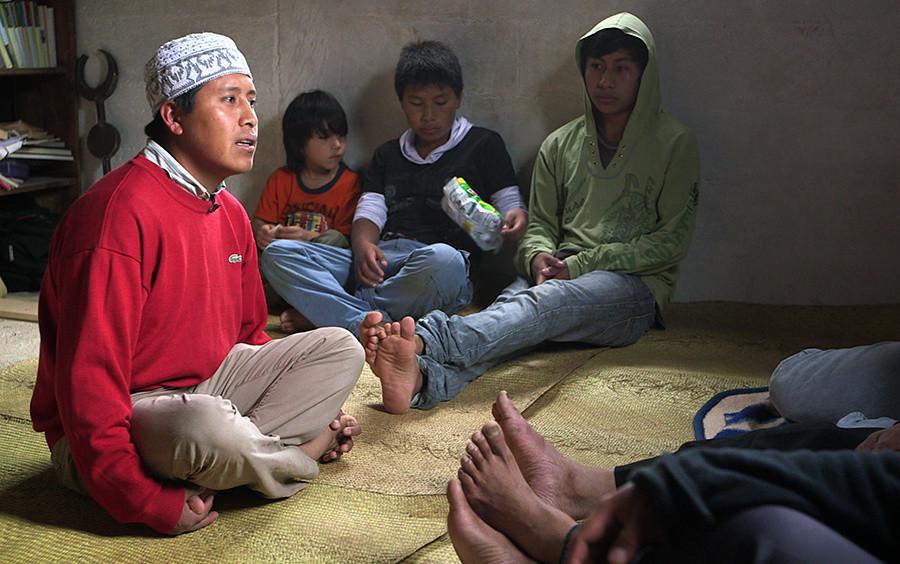
Latino Muslims appear to be uniquely immune to the allure of Islamic radicalism, such as the Islamic State (IS), despite U.S. fears that potential terrorists may infiltrate Latin America. In the Journal of Muslim-Minority Affairs (37:3), Mehmet Ozkan writes that even though the IS has drawn a growing number of foreign fighters, Latin America has produced the least (the 70 that have drawn have mostly been from Trinidad and Tobago followed). Muslims in Latin America are connected to social media—the main IS recruiting tool— and many have backgrounds in the Middle East, “yet the strong presence of Latino Muslims in online spaces did not yield success in attracting Latinos to [IS] via these channels.” There are approximately six million Muslims in Latin America, with about 30 to 40 percent being converts to the religion. Ozkan argues that Muslim immigrants and their children have become so well-integrated into Latin American society with professional success and wide acceptance where radicalism has little appeal.
The Latin American converts are also largely apolitical, stemming from the influence of Sufism,
or Islamic mysticism, in their communities and a tendency to turn inward away from political and social issues. Ozkan notes that regardless of these dynamics, there remains much talk about the potential threat of the Islamic State in Latin America and its influence in the U.S. Even when the IS targeted Mexico for being part of anti-IS coalition, there is little evidence that there were any supposed cells of the group there. If anything, the “talk of the IS threat on the Mexico-US border has made life more difficult for Latinos in the US, considering the anti-immigrant rhetoric of the US President, Donald Trump.”
(Journal of Muslim Minority Affairs, http://www.tandfonline.com/toc/cjmm20/current) 